Description
Diclofenac Sodium 50mg Tablets are a nonsteroidal anti-inflammatory drug (NSAID) used in Pakistan to manage pain and inflammation in conditions like osteoarthritis, rheumatoid arthritis, ankylosing spondylitis, and acute gout. They also relieve post-operative pain and symptoms in chronic juvenile arthritis, common among laborers in rural Punjab or office workers in urban Lahore facing joint issues. Available in strips of 10-20 tablets, priced around Rs. 100-150 per strip, prescription-only, and distributed through DRAP-registered pharmacies.
How It Functions
Diclofenac sodium inhibits cyclooxygenase enzymes (COX-1 and COX-2), reducing prostaglandin synthesis that causes pain and inflammation. Chemically, it’s 2-(2,6-dichloroanilino)phenylacetic acid sodium salt. Analgesia starts within 30-60 minutes, with anti-inflammatory effects building over days, lasting 12-24 hours due to a 1-2 hour half-life.
Dosage Information
Adults: Typically 50mg 2-3 times daily, up to 150mg/day, taken orally with food or milk to reduce stomach irritation; swallow whole with water. For acute gout or post-operative pain, 100-150mg/day in divided doses for 3-7 days. For chronic juvenile arthritis (children over 1 year), 1-3mg/kg/day in divided doses. Elderly start at 50mg daily. Use shortest duration; consult physician for adjustments in kidney/liver issues or if used beyond 10 days.
Side Effects
- Very Common (>1 in 10): Gastrointestinal upset (nausea, abdominal pain, diarrhea).
- Common (up to 1 in 10): Headache, dizziness, rash, edema, tinnitus, elevated liver enzymes.
- Rare: Gastrointestinal bleeding, ulcers, heart attack, stroke, liver/kidney damage, allergic reactions (hives, swelling).
Drug Interactions
Diclofenac may interact with:
- Other NSAIDs or aspirin: Increases bleeding/ulcer risk.
- Anticoagulants (e.g., warfarin): Enhances bleeding.
- Diuretics, ACE inhibitors, ARBs: Reduces kidney function or blood pressure control.
- Lithium, methotrexate: Increases toxicity.
- Corticosteroids: Heightens gastrointestinal complications.
Indications
Approved for:
- Osteoarthritis.
- Rheumatoid arthritis.
- Ankylosing spondylitis.
- Acute gout.
- Chronic juvenile arthritis.
- Post-operative pain (minor surgery).
When Not to Use
Avoid in:
- Hypersensitivity to diclofenac, aspirin, or other NSAIDs.
- Active peptic ulcers or gastrointestinal bleeding.
- Severe heart failure, ischemic heart disease, cerebrovascular disease, peripheral arterial disease.
- Severe liver or kidney impairment.
- Third trimester pregnancy.
Precautions
- Monitor liver function, blood counts, and kidney function in long-term use, especially in elderly or heart patients.
- Take with food to reduce stomach irritation; report blood in stool or severe pain immediately.
- Use cautiously in asthma, hypertension, or history of gastrointestinal disease.
- Avoid alcohol; increases ulcer risk, common in Pakistani social settings.
- Buy from DRAP-registered pharmacies; check holograms to avoid counterfeits.
- Limit use to shortest duration to minimize cardiovascular and gastrointestinal risks.
Warnings
- Gastrointestinal risk: May cause bleeding, ulcers, or perforation; stop if blood in stool or severe pain occurs.
- Cardiovascular risk: Increases heart attack or stroke risk, especially in long-term use or heart patients.
- Liver/kidney damage: Monitor function tests, especially in hot climates or fasting.
- Pregnancy: Avoid in third trimester; consult physician for earlier use.
- Overdose: Nausea, vomiting, drowsiness require urgent care.
Additional Notes
- Pregnancy Category: Consult physician; category C early, D in third trimester due to fetal risks.
- Breastfeeding: Avoid; passes into milk, may harm infant.
- Availability: Common in urban and rural pharmacies; generics like Voltaren available.
- Stability: Stable at room temperature; discard expired tablets.
- Reporting: Log batch for side effects; report to DRAP for quality control.
Doctor Review
Dr. Imran Qureshi, a rheumatologist in Lahore, notes Diclofenac Sodium’s effectiveness for arthritis and gout pain, widely used in Pakistan’s aging population. DRAP data supports its anti-inflammatory action, but Dr. Qureshi emphasizes short-term use and regular monitoring for gastrointestinal and heart risks, especially in spicy-diet regions.
Disclaimer
This is general product information, not a prescription or medical advice. Consult your doctor or pharmacist for personal guidance.

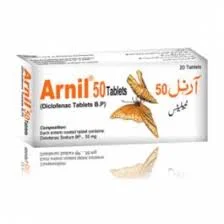
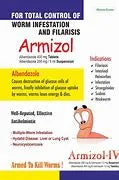
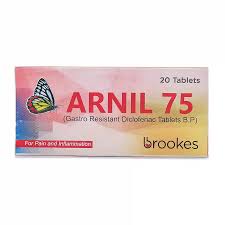
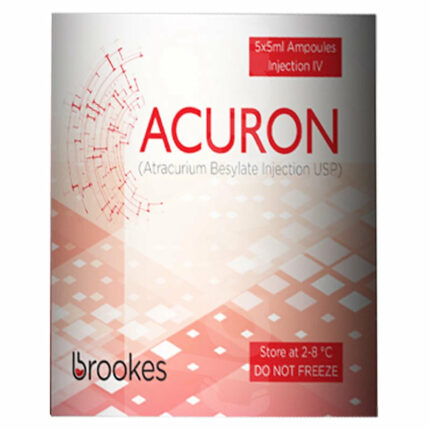
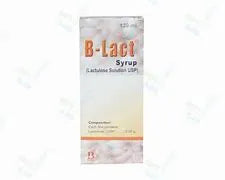
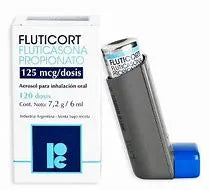
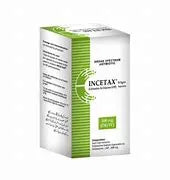
Reviews
There are no reviews yet.